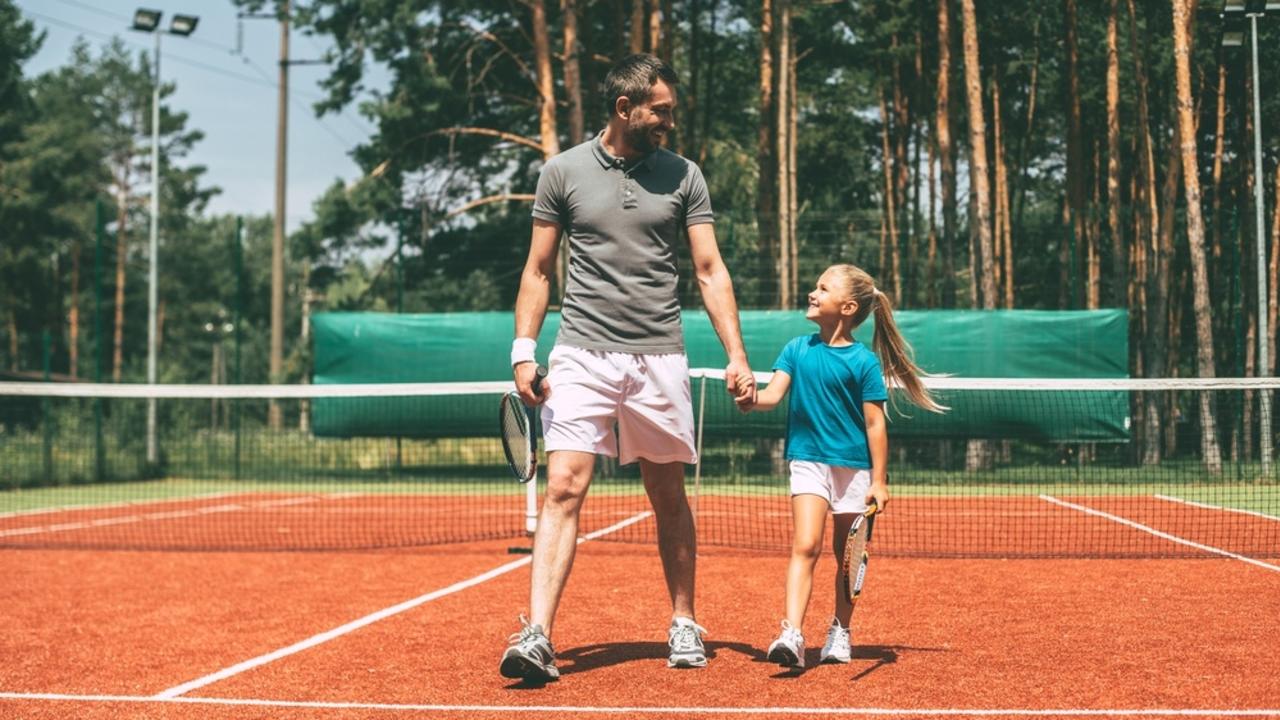2 Powerful Communications That You May Not Have Realised Develop Mental Toughness...

If I could choose one attribute that I believe most supports player development of mental toughness I would choose emotional intelligence. But what is it and how can we nurture it in young players?
What Is Emotional Intelligence?
Emotional intelligence is the ability to respond flexibly and intentionally to difficult emotional experiences like frustration and nerves.
This ability allows us to choose actions that serve our best interests even when we are experiencing difficult internal experiences (thoughts, feelings, body sensations, urges.)
So, for instance, when faced with a match situation that evokes anxiety, emotional intelligence would allow players to recognize anxiety, be able to accept the normality of that reaction, and continue on to face the existing challenge.
And when engaged in the challenge, frustration will naturally arise after an error.
An emotionally intelligent response would see players recognize the feeling then refocus attention on a process that increases the chance of a successful action on the next point.
Here Are 2 Simple Ways We Can Cultivate Emotional Intelligence in Children:
1.) Stimulate Reflective Conversations
First, when we talk to players about competing, we should encourage them to reflect on the internal processes of their experience.
This helps them to see their own internal experiences such as thoughts, feelings, and urges, and understand how these experiences affect their performance.
This ability to see our own mental activities is always the first and most important step in developing our ability to regulate our behavior.
Because when we don’t have awareness of our internal experiences we are automatically dominated by them and we never get a choice in how we respond.
And it’s not like we have to go into long detailed conversations that players will resist.
Simply adding these elements to normal conversations following a match like: What'd that feel like?
Do you have any ideas on what was going through your mind when you did that?
How do you think your opponent was feeling then?
I get the feeling that might have been difficult, was it?
What’d you think of that?
By using reflective discussions to put words to emotional experiences we encourage connections between the right and left parts children's brain.
This helps link and balance their brain making them better equipped to respond adaptively to emotional challenges.
An added benefit is that by learning to notice and describe difficult internal experiences in this way, brain studies have revealed that players actually turn down the intensity of these experiences without intention, making it less likely they will become overwhelmed.
2.) Normalize Difficult Internal Experiences
It’s also important when players are reflecting on their experience, that we normalize the difficult internal experiences that they discuss by letting them know that everyone gets these thoughts/emotions in similar situations.
A lack of mental toughness does not result so much from an increased level of difficult internal experiences such as worries, nerves, and frustration, but from the lack of acceptance and ability to cope with a normal level of these experiences.
Part of the problem with traditional approaches that aim to control internal experiences is that they perpetuate the belief that these experiences need to be reduced to be able to perform the actions required for success.
This tends to result in players creating more anxiety, for example, about the anxiety they naturally experience.
By normalizing difficult internal experiences we encourage players to be more accepting of these thoughts and feelings, which is a key foundation for mental toughness.
If you are a parent or coach and would like access to our 10 Commandments of Parenting Mentally Tough Tennis Checklist You Can Get It Here...
If you are a coach who would like access to our 10 Commandments of Coaching Mentally Tough Tennis Checklist You Can Get It Here...
